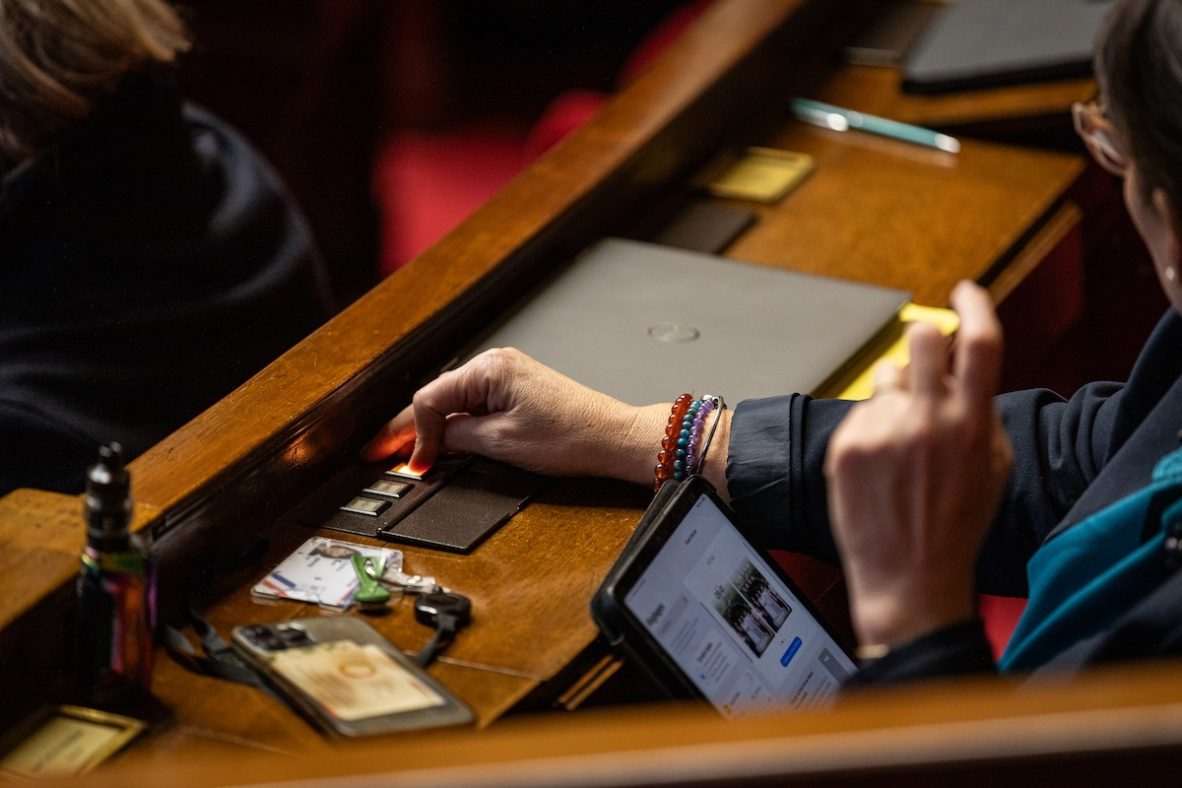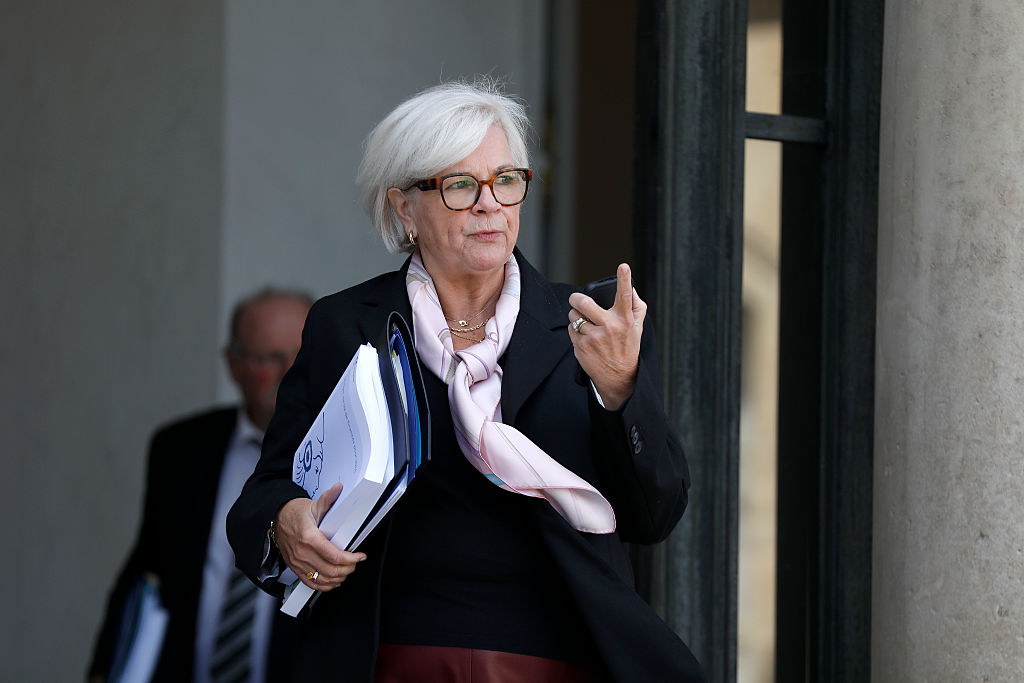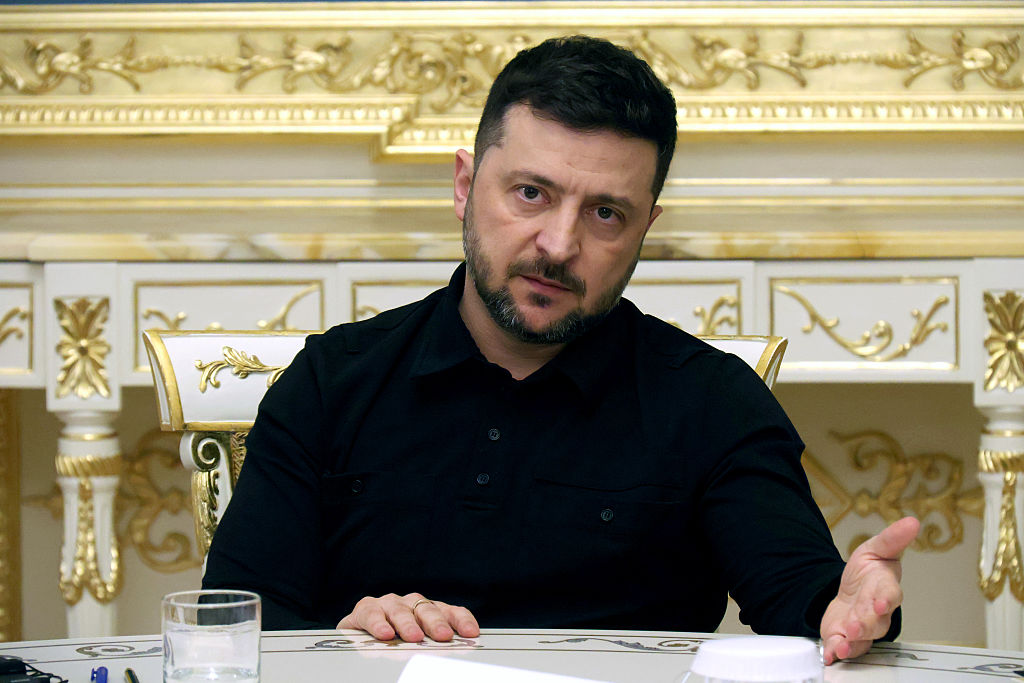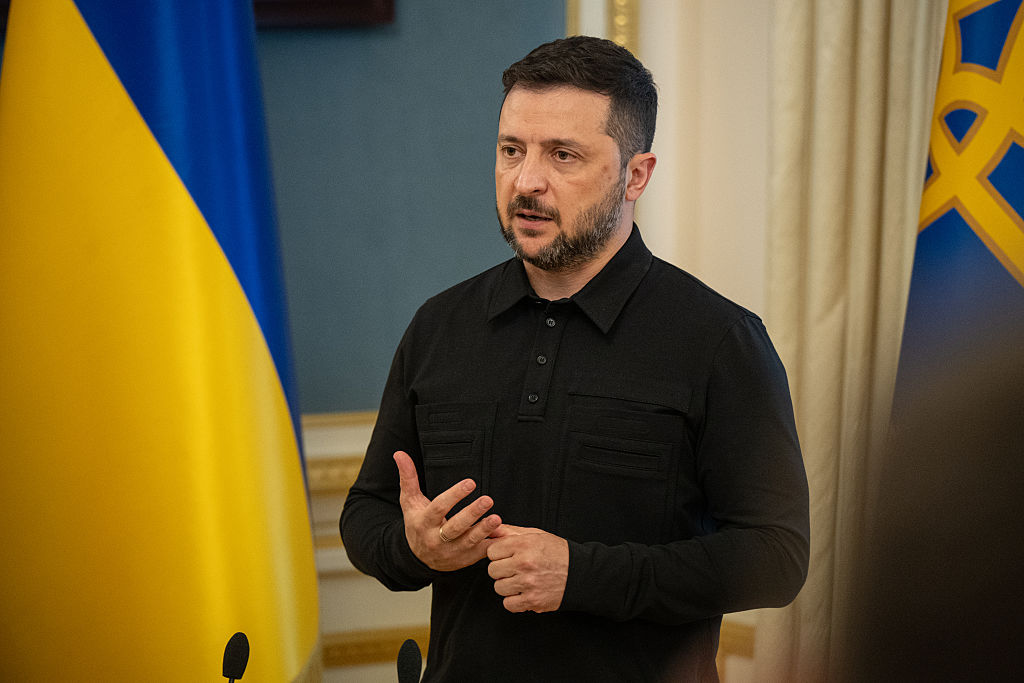Court rules Sarkozy can be released from prison as appeals loom
Former French president was sentenced to five years over alleged Libyan financing of his 2007 campaign

PARIS — Former French president Nicolas Sarkozy is to be released from prison after the Paris Court of Appeal approved a request from his lawyers to end his detention.
Sarkozy, who was sentenced in September to five years in prison over the alleged Libyan financing of his 2007 presidential campaign, had been held at La Santé Prison in Paris for three weeks since late October.
In its ruling on Monday, the court said that “the continuation of provisional detention is not justified.”
He will, however, remain under judicial supervision. Sarkozy is barred from leaving French territory and from contacting Justice Minister Gérald Darmanin, who visited him in prison on 29 October.
For many French magistrates, Darmanin’s attention to Sarkozy– given that the minister had once served as his spokesperson – has been seen as undermining independence of the judiciary.
During his videoconference hearing earlier in the day, Sarkozy described the conditions of his confinement as “very harsh” and “exhausting.”
“I never imagined I would have to wait until I was 70 to experience prison,” he said.
Sarkozy spent his entire detention in solitary confinement, with two police officers stationed in a neighbouring cell to ensure his safety. He was allowed four visits per week.
Judges in the Libyan financing case found that Sarkozy acted as the organiser of a criminal association intended to “arrange corruption at the highest possible level once elected.”
Although he may be leaving prison, Sarkozy’s legal battles are far from over. His appeal trial is expected to begin in March.
On 26 November, the Court of Cassation is also expected to decide whether to uphold or overturn his six-month custodial sentence handed down on appeal for the illegal financing of his failed 2012 presidential campaign.
The former president was previously convicted in December 2024 in the so-called “wiretapping” case, receiving a three-year prison sentence, one year of which was to be served under electronic monitoring.
(aw)









